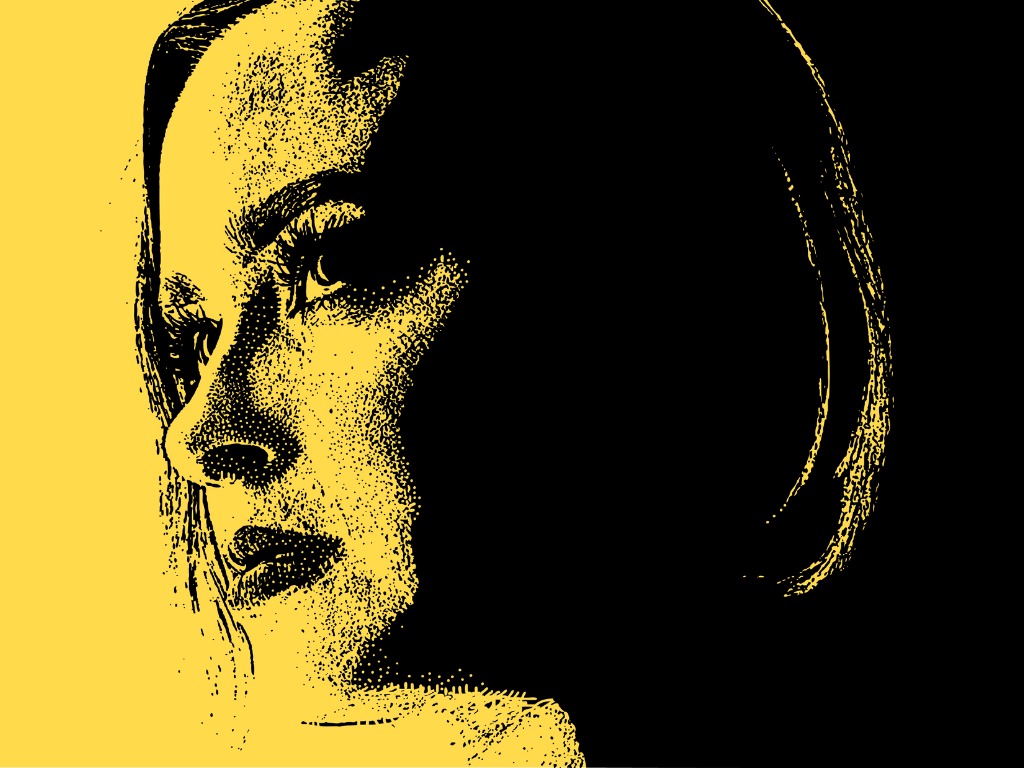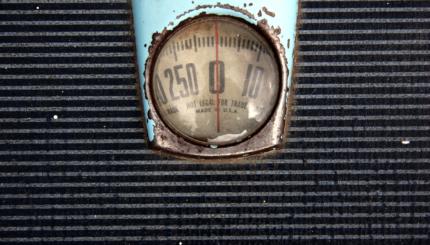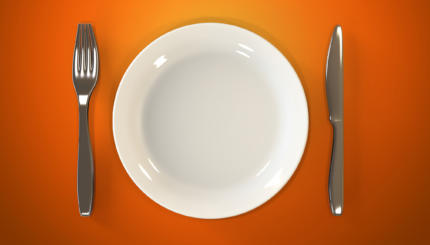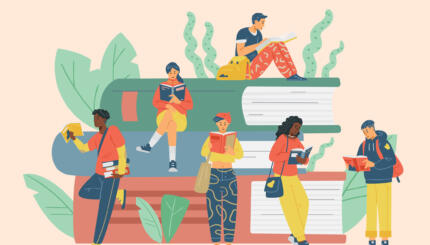I have always helped others in times of stress by putting myself in their shoes and telling them what I would want to hear. That all changed after my sister told me she had an eating disorder. I learned that helping people is not one-size-fits-all.
I had learned about eating disorders in school. I’ve seen all the diagrams and the countless ads of girls with ribs protruding from their skin, staring in the mirror and seeing a completely different body. I never thought much of those ads until my sister entered the community of girls staring into that very same mirror.
I felt terrible. I partly blamed myself for not picking up on the fact any earlier, for commenting 10 too many times on her chewing, for letting her live through that without help for so long.
After my sister came home from a residential program, my family had to switch gears. Suddenly it was family therapy sessions, late night researching and walking on eggshells. t seemed like every word became a trigger. “Breakfast”, “healthy”, even the word “plate” made her feel anxious.
One night, I attended a family therapy session at her program. The session topic of the night was “Increasing Awareness of Conversation No-No’s.” The list made sense up until number seven: “You look healthy!” I was shocked to discover that the very phrases that I thought would bring comfort, brought extreme despair. It defied logic; it defied everything I deemed true. I was practically afraid to talk to her. I didn’t know how. Suddenly, my big sister was a complete stranger. A stranger that I was desperate to get to know.
I found myself restless looking at articles, newsletters, and websites on eating disorders trying to figure out what they were, how to act around someone with one, what the hell to do. I had to learn how to be empathetic in a very different way – not helping and guiding and asking – but being a loving presence in her life. As much as I wished I could’ve been her therapist or her nutritionist or her life-coach, I couldn’t. I’m still her sister, but I can’t fix her. I can only be there for her. While accepting that was difficult, that’s what I had to do to help her help herself.
It took a lot of time before I came to terms with the fact that she was still my same split-end picking, whiny, annoying older sister – who just so happened to have an eating disorder.
The best advice I can give to someone who has a sibling or other loved one struggling with something similar is to reach out to this person in your life. Ask them how you can be present in their lives in the most helpful way possible. Attend therapy sessions to help you understand how you can be the most helpful brother or sister in this situation. Speak with family members to make sure you’re all on the same page. Remember that through everything, they’re still the same sibling you’ve known your entire life. Don’t let their struggles define who they are.
 Maddie Davidson attends SAR High School and serves on the Teen Executive Leadership Committee for Here.Now. She’s active on her school hockey team and blood drive, and takes part in multiple social justice initiatives, from assisting underrepresented communities from NYC’ homeless population to teens struggling with mental illness. She’s passionate about spreading awareness about mental health to miseducated teens and prevent further suffering. Through her articles, she hopes that other teens will gain some additional insight and be able to apply it to their own lives.
Maddie Davidson attends SAR High School and serves on the Teen Executive Leadership Committee for Here.Now. She’s active on her school hockey team and blood drive, and takes part in multiple social justice initiatives, from assisting underrepresented communities from NYC’ homeless population to teens struggling with mental illness. She’s passionate about spreading awareness about mental health to miseducated teens and prevent further suffering. Through her articles, she hopes that other teens will gain some additional insight and be able to apply it to their own lives.






